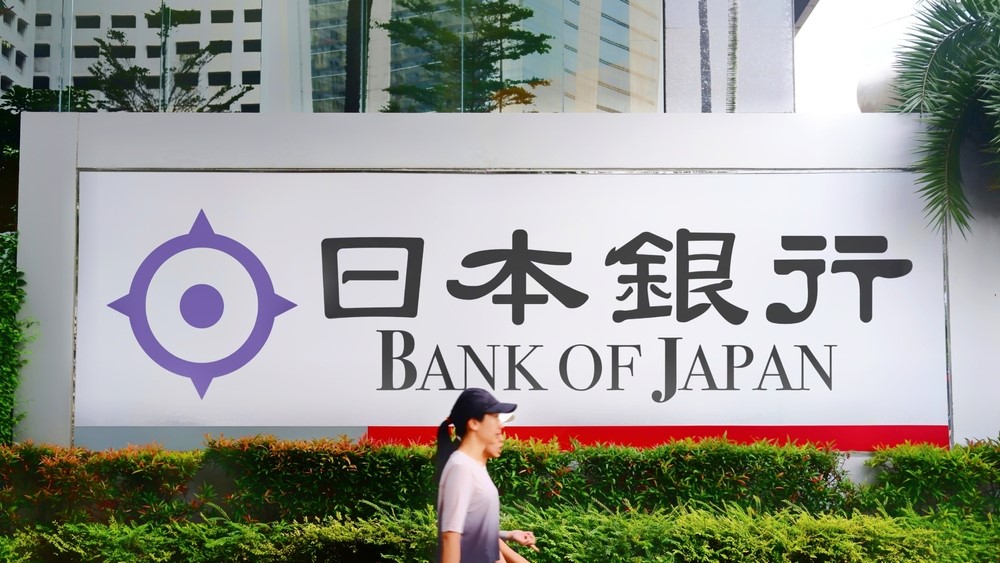ETFs tracking Japan’s headline Nikkei 225 index face their worst daily loss on record as fears mount surrounding the impact of additional Bank of Japan (BoJ) rate hikes.
After falling 5.8% on Friday – its worst one-day drop since March 2020 – the Nikkei collapsed 12.4% during on Monday, marking its worst daily return since the 'Black Monday' crash of 1987.
During the session, trading was halted multiple times in Japan and South Korea by circuit breakers being triggered, which temporarily pause trading to minimise panic selling.
The collapse in Japanese equities follows the BoJ decision to hike rates for a second time last Wednesday, to 0.25%, after ending its negative interest rate policy (NIRP) with its first hike since 2007 in April.
The yen surged 4.7% against the US dollar on Friday in response to the central bank’s recent meeting, with the suggestion of additional rate hikes on the way creating fears further yen appreciation would harm exporters and companies with overseas earnings.
According to data from justETF, previously top-performing currency hedged ETFs such as the $353m WisdomTree Japan Equity UCITS ETF – GBP Hedged (DXJP) collapsed 11.7% in the week to 2 August.
Meanwhile, unhedged ETFs such as the $4bn Amundi MSCI Japan UCITS ETF (LCUJ) returned 7.4% over the week, prior to the Monday session.
In a note, the Saxo Bank strategy team described the situation as a “perfect storm” for Japanese equities, alongside an evaporation of risk sentiment in other markets.
“Sentiment has dramatically changed in just one month. We have gone from high confidence, a record equity index concentration and almost no rate cuts expected in the US, to a market that is now pricing in five rate cuts by year-end in the US and equity markets tumbling in Japan,” it said.
“Investors are waking up to a momentum crash this morning with stocks in Taiwan limit down and Japanese equity futures down 15% at one point.”
Elsewhere, there are fears Japanese currency appreciation could reverberate across global equity and sovereign debt markets as investors unwind their yen carry trades.
With BoJ policy rates remaining low or negative for decades, this has enabled investors to borrow yen to invest in overseas assets, particularly US Treasuries and equities.
Nigel Green, CEO of deVere Group, commented: “This rise in the yen spells trouble for the popular ‘carry trade’ strategy. Investors typically borrow in a low-interest currency like the yen to invest in higher-yielding currencies, such as the US dollar.
“But with the yen strengthening, the cost of maintaining these trades has skyrocketed, leading to a rapid sell-off in US equities as investors scramble to repay yen-denominated debts.”
ETF investors now face an inflection point with the BoJ. In addition to rate hikes, the central bank previously announced the end of its Japan equity ETF purchasing after amassing a stockpile worth $462bn by April this year.





